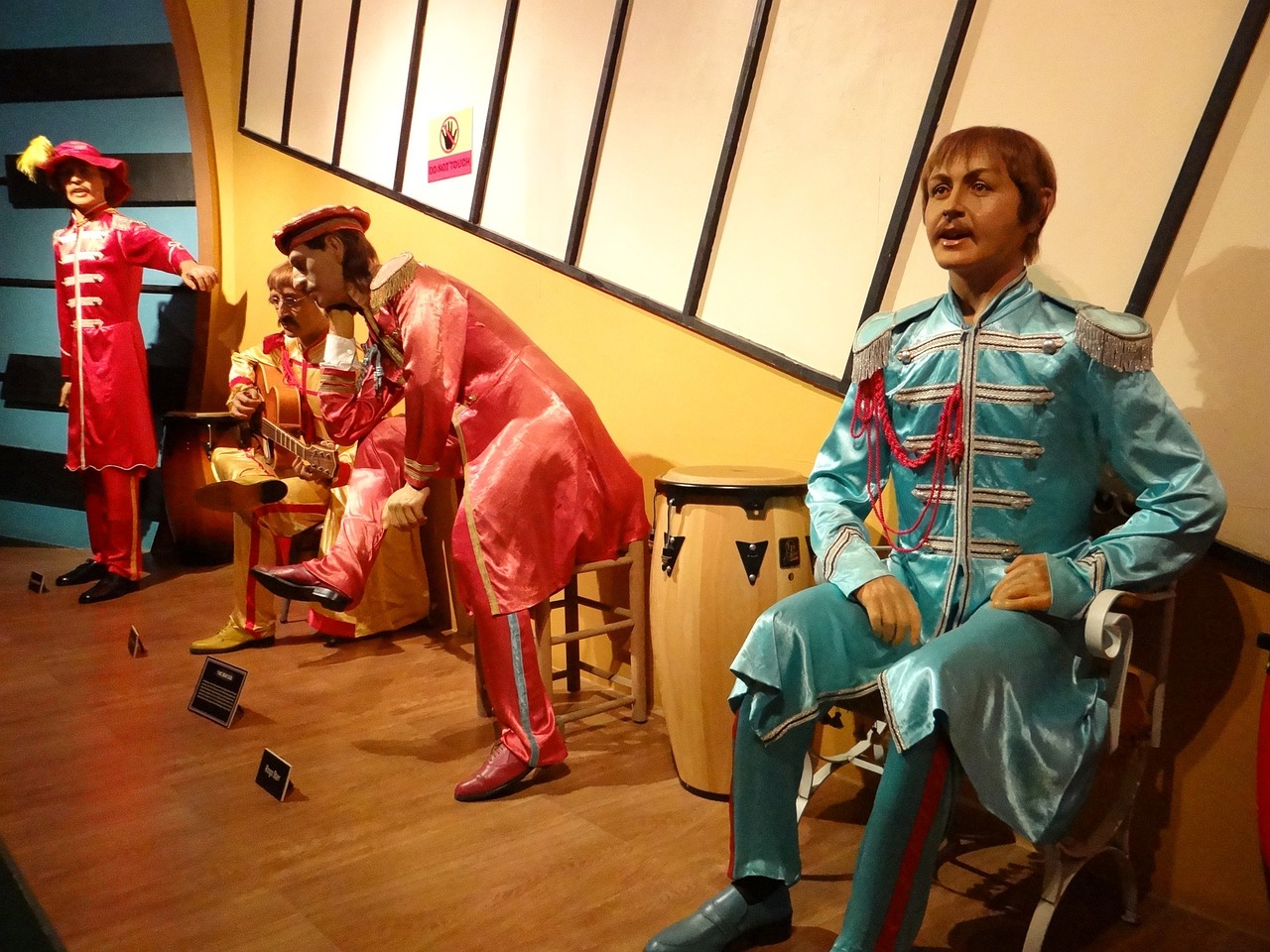Leveraging Artificial Intelligence for Personalized Campaign Merchandise
my 99 exch, laser book 247 com registration, yolo247 club login: As we enter into election season, political debates become a common occurrence as candidates battle it out on stage to win over voters. And while the primary focus of these debates is to discuss policies and issues that affect the country, they also have a significant impact on campaign merchandise sales.
The Influence of Political Debates
Political debates serve as a platform for candidates to showcase their ideas, values, and personalities to the public. As millions of viewers tune in to watch these debates, it’s no surprise that campaigns take advantage of this opportunity to promote their merchandise. From bumper stickers and buttons to t-shirts and hats, campaign merchandise serves as a way for supporters to show their allegiance to a candidate.
The Impact on Sales
It’s no secret that political debates can have a direct impact on campaign merchandise sales. A strong performance by a candidate can lead to a surge in sales as supporters rally behind them. On the flip side, a poor showing can result in a decrease in sales as supporters become disillusioned.
The power of persuasion plays a significant role in driving sales during political debates. A well-crafted argument or a memorable quote can resonate with viewers and influence them to purchase merchandise to show their support. In this digital age, campaigns are quick to capitalize on these moments by releasing new merchandise immediately following a debate to capitalize on the momentum.
The Role of Social Media
In today’s digital age, social media plays a crucial role in driving campaign merchandise sales during political debates. Candidates and their teams are quick to leverage social media platforms to promote their merchandise and engage with supporters in real-time. From live-tweeting debates to hosting Instagram Q&A sessions, campaigns are leveraging social media to create a sense of urgency and drive sales.
Additionally, social media influencers and celebrities often play a role in promoting campaign merchandise during political debates. Endorsements from popular figures can help campaigns reach a broader audience and drive sales. By partnering with influencers, campaigns can tap into new demographics and expand their reach beyond traditional supporters.
The Impact of Controversy
Controversy is not uncommon during political debates, and it can have a significant impact on campaign merchandise sales. A controversial statement or action can polarize viewers, leading to both an increase and decrease in sales. While some supporters may be inspired to purchase merchandise to show their unwavering support, others may be turned off and choose to distance themselves from the campaign.
FAQs
Q: How can I support my favorite candidate through merchandise purchases?
A: You can support your favorite candidate by purchasing merchandise directly from their campaign website or attending campaign events where merchandise is sold.
Q: Are campaign merchandise sales a reliable indicator of a candidate’s popularity?
A: While campaign merchandise sales can provide insight into a candidate’s support base, they should not be the sole indicator of a candidate’s popularity. Other factors, such as polling data and fundraising numbers, should also be considered.
Q: Can I return campaign merchandise if I change my mind?
A: Most campaigns have a no-return policy on merchandise purchases. It’s essential to read the terms and conditions before making a purchase.
In conclusion, political debates have a significant influence on campaign merchandise sales. From driving sales through persuasive arguments to leveraging social media and controversy, campaigns are quick to capitalize on these opportunities to promote their merchandise. As we continue to navigate through election season, it’s clear that the impact of political debates on campaign merchandise sales will remain a crucial factor in shaping the outcome of the election.







